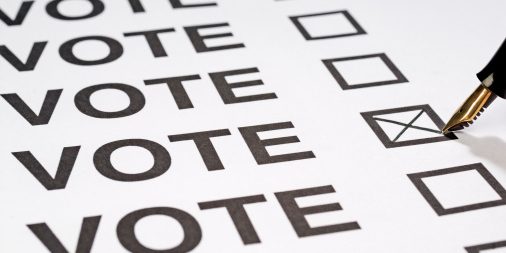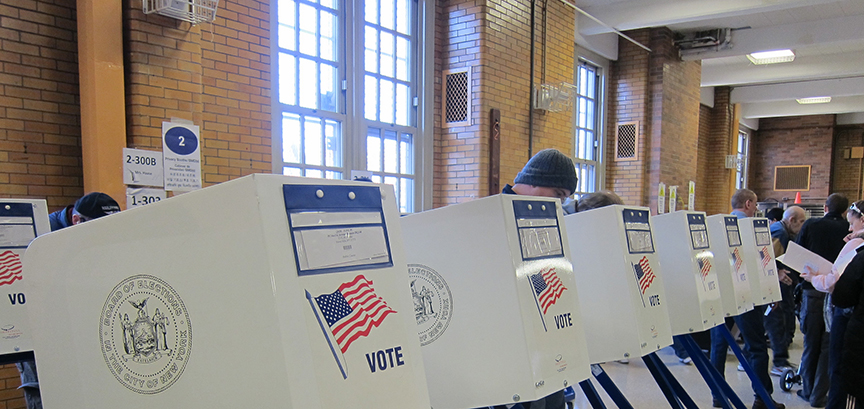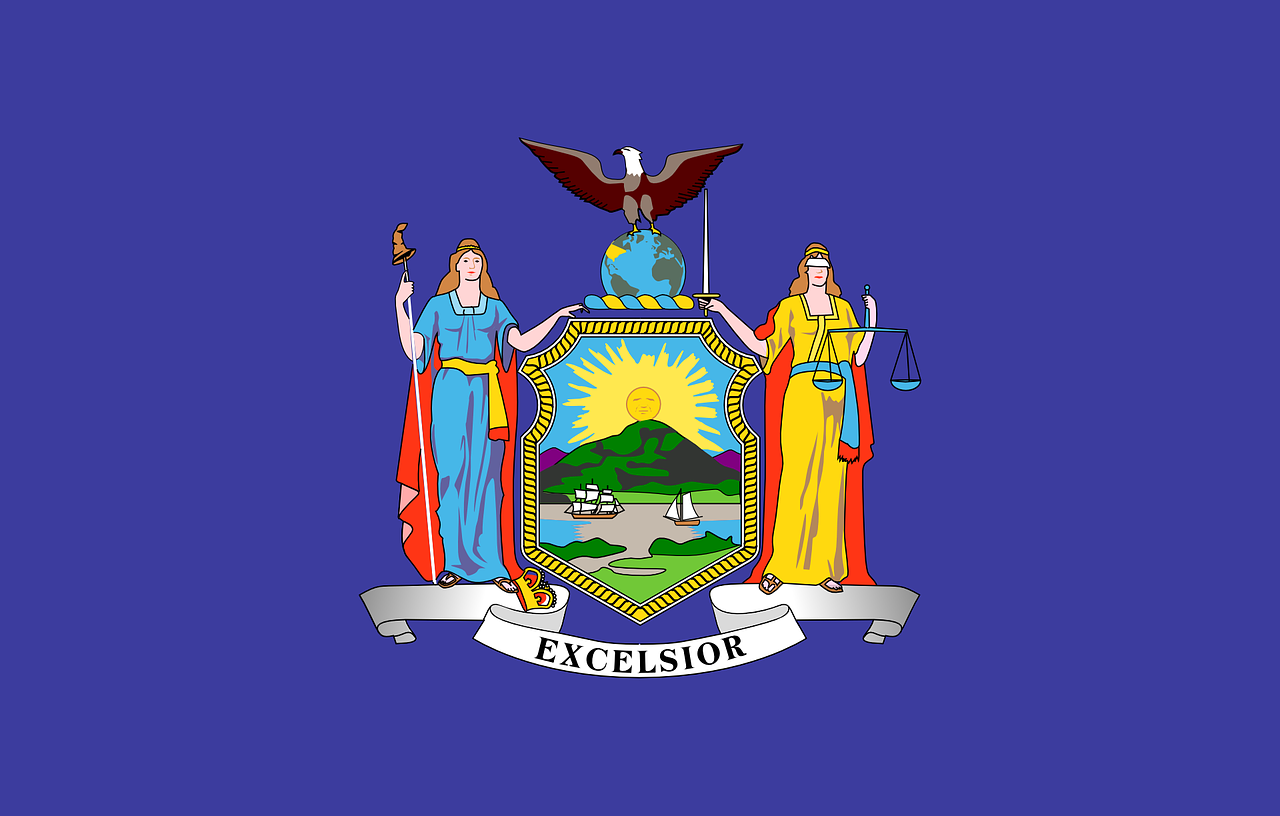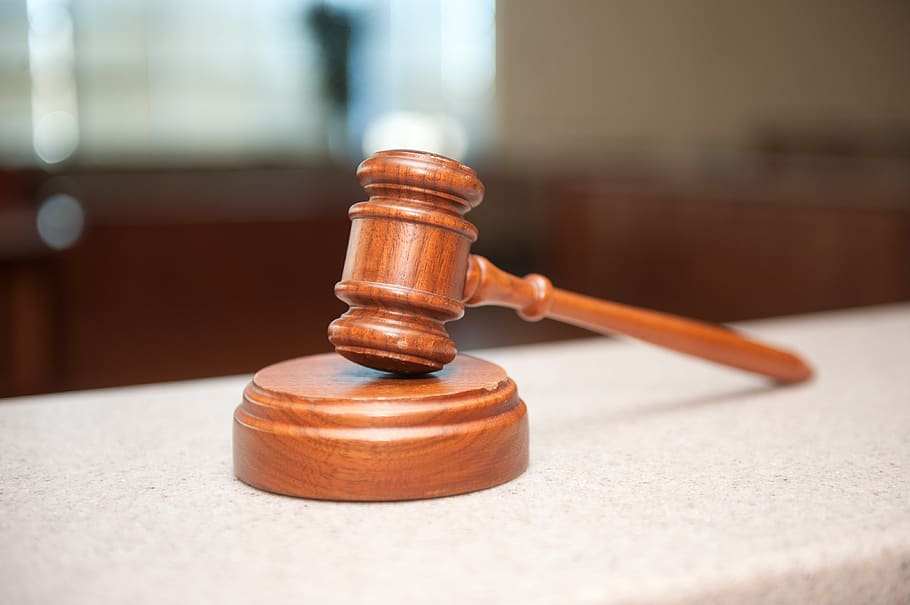Author: Joseph Greaney
-
Virginia and New York outpace others with four states advancing at least 10 election bills so far this year

Legislators in Virginia have advanced 24 election-related bills out of at least one chamber of the legislature so far in 2024, including 15 bills that have crossed over since the beginning of February. As of Feb. 9, Virginia trails only New York (29 bills) in terms of advancing election-related legislation. Two other states, Georgia and…
-
Governors in states with divided government vetoed the most election legislation in 2023

Arizona Gov. Katie Hobbs (D) vetoed more election-related bills than any other governor in 2023 in terms of total bills and the percentage of election-related bills introduced in her state. Hobbs vetoed 21 bills, or 29% of all election-related bills introduced in the Arizona legislature last year. Arizona has a divided government, with Republicans controlling…
-
New RCV bans on the table, but bills supporting ranked-choice outnumber opposition legislation in 2024 sessions

Republican legislators have introduced new ranked-choice voting (RCV) prohibitions in five states so far this year. These efforts come after three states approved Republican-sponsored bans last year. The number of active bills supporting RCV continues to outnumber those banning or repealing its use. Of the 75 RCV bills currently active in state legislatures: Twenty-three of…
-
New York outpacing all states in advancing election legislation as 2024 sessions get underway

As of Jan. 19, 2024, legislators in New York have passed 24 election-related bills out of at least one chamber of the legislature, more than all other state legislatures combined. The legislation in New York covers a range of election-related topics including absentee ballot drop-boxes, maintenance of voter rolls, and oversight of election officials, workers,…
-
Minnesota Supreme Court to hear challenge of new felon voting law

The Minnesota Supreme Court will hear a challenge to a new law that automatically restores voting rights to people convicted of a felony who are still on parole, probation, or supervised release in the state. On March 3, 2023, Governor Tim Walz (D) signed House File 28 into law. Previously in Minnesota, the state restored voting rights to people convicted of…

